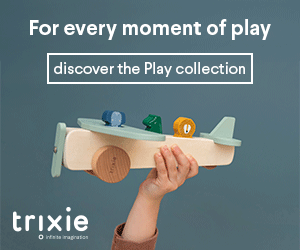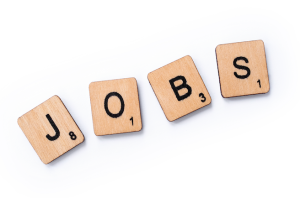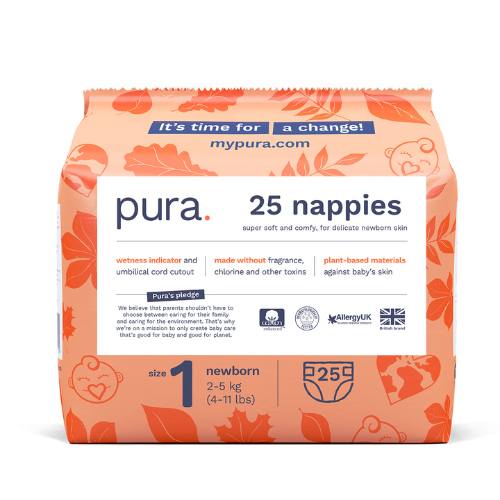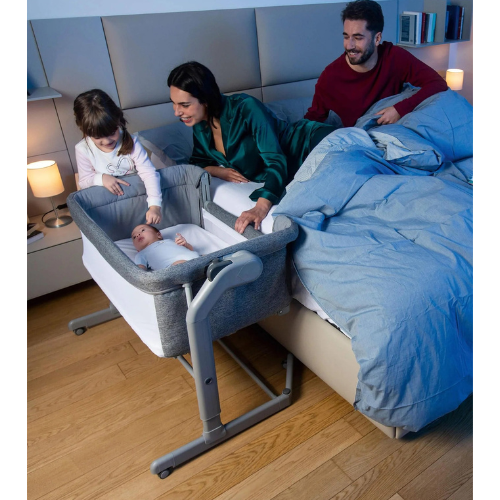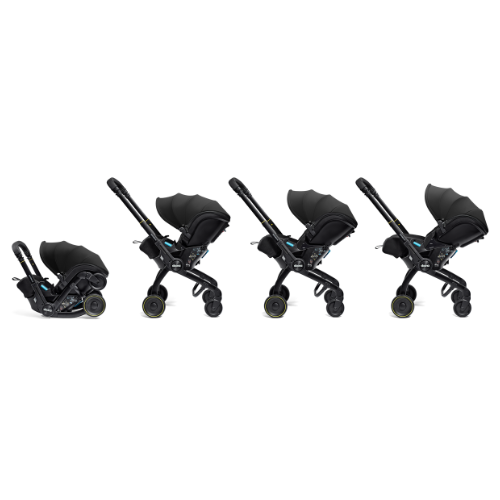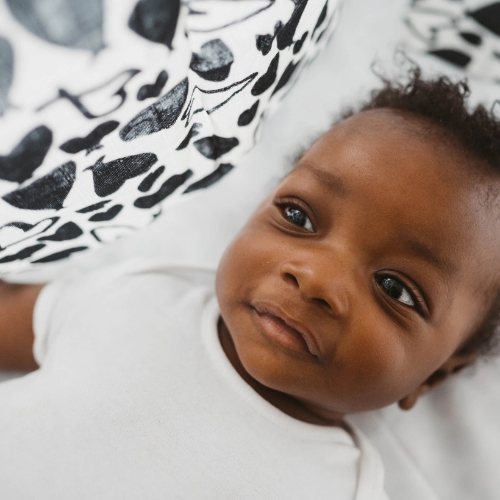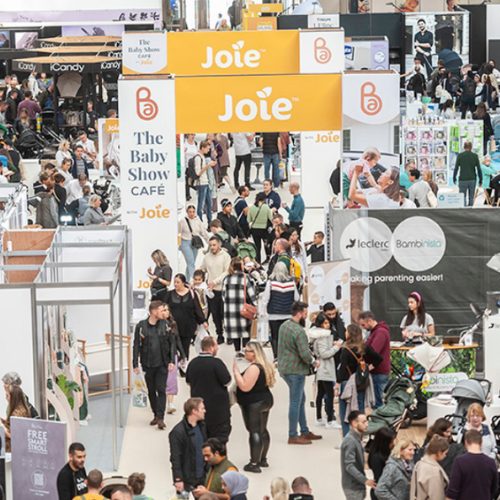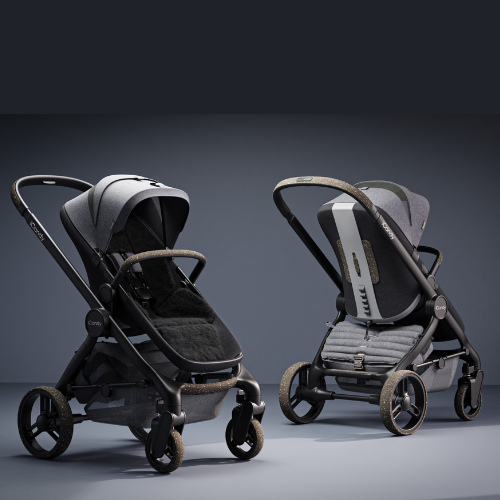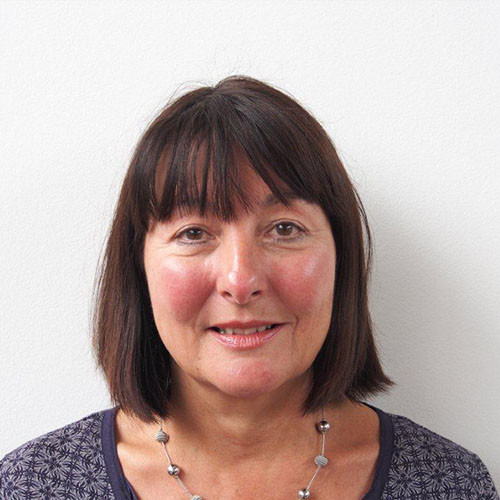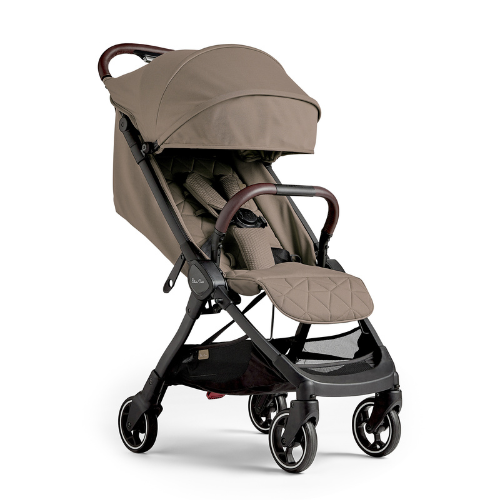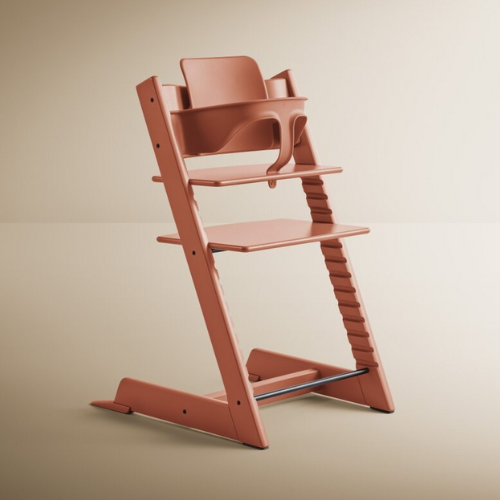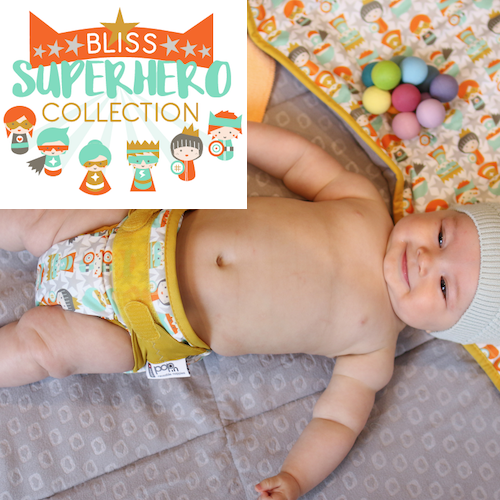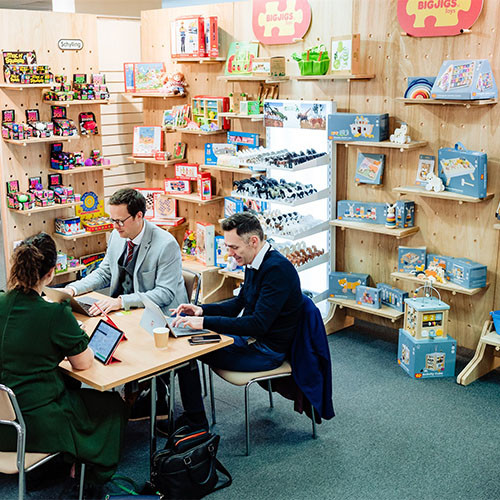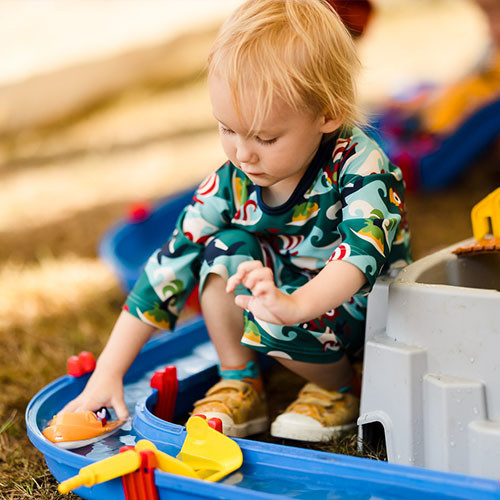Gary Pope, ceo and co-founder of KI, on how we should think more than ever about how children play, the benefits that good play enables and that we design toys that get to the heart of this.
Maria Montessori said: “Play is the work of the child” and anyone that works in the provision of care and education of preschoolers knows this to be true. I say education but I really mean development and these wonderful pathways that we all journey down as we grow are best reached through play. Play is indeed the work of the child. And play patterns are the way children go about this work.
Play patterns however, are often misunderstood. It’s not as simple as having a tea party with dolls, or racing some vehicles down the hall – both of which many seem to think are the fundamentals of play. Nope, play patterns are much more interesting than that. There’s no clear and shared definition of what this word actually means. And so play is perhaps not thought of as the very serious business it actually is, as often as it should be.
At Ki we understand play patterns to be the patterns of behaviour that children exhibit as they develop and specifically how they map alongside a child’s social development. For us, there are four distinct and iterative play patterns. Let’s use the most versatile of toys, the building block, to explain…
The first play pattern is Solitary Play. This is where you play with bricks all by yourself. And you’ll generally start this play just as soon as you can pick up one of those fantastic tasting blocks and stick it in your mouth.
Then there is Associative Play. Maybe you can sit up by yourself, maybe you can toddle about the place now to go find some bricks and you’ll be quite happy to be in the presence of other children and all play with your bricks. But not actually be playing together.
Parallel Play is where you’ll quite happily play with bricks and more or less do the same thing as the other kids – you might even start to notice that you’re all doing the same thing and be a little bit tempted to do it together. And that’s when we reach the fourth and final play pattern: cooperative play. Now we’re all in it together, sharing the blocks and working on building the same tower together.
Of course each of these play patterns remains throughout our lives. They are the foundations of how we play with everything from that moment on.
Here’s the important bit though… as we play we socialise, as we socialise we communicate and develop our linguistic capabilities. And language is intrinsically linked to cognitive development. So, bad play, poor development. Simple. And complicated.
So, when our successful development is driven by this most human of developmental pathways, socialisation, it’s easy to see why two years locked up at home without all those play patterns with other kids could cause some difficulties for many children.
And for me this is why it is fundamentally important that we think more than ever about how children play, the benefits that good play enables AND that we design toys that get to the heart of this. It is of course not as simple as making toys a little bit better, no. It’s about the whole child. It nearly always is. And some places do this better than others.
I have always been inspired by the achievements of the Nordic countries. Denmark, Norway, Sweden, Finland, Iceland and the autonomous regions of the Faroe Islands, Greenland and Aland. Between them a sum total of 27 million people, about a million less than the US State of Texas. And yet these are the people that brought us IKEA, Volvo, Spotify, Skype, Nokia, Minecraft, LEGO, the stories of Hans Christian Andersen and of course, ABBA.
How does that happen?
It happens because these countries understand what it really means to empower each child’s individual development. School begins at 6 or 7, not 4 or 5 as it does in the UK and there is very little formal testing until age 16. Finland goes a step further too and explicitly forbids homework because it believes this time should be spent pursuing interests and talents – or in old money, playing.
So my point is this. We need to think about Play first every single time.








